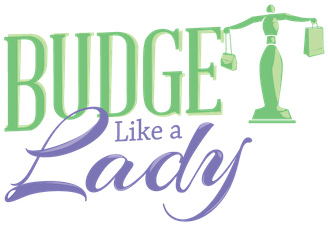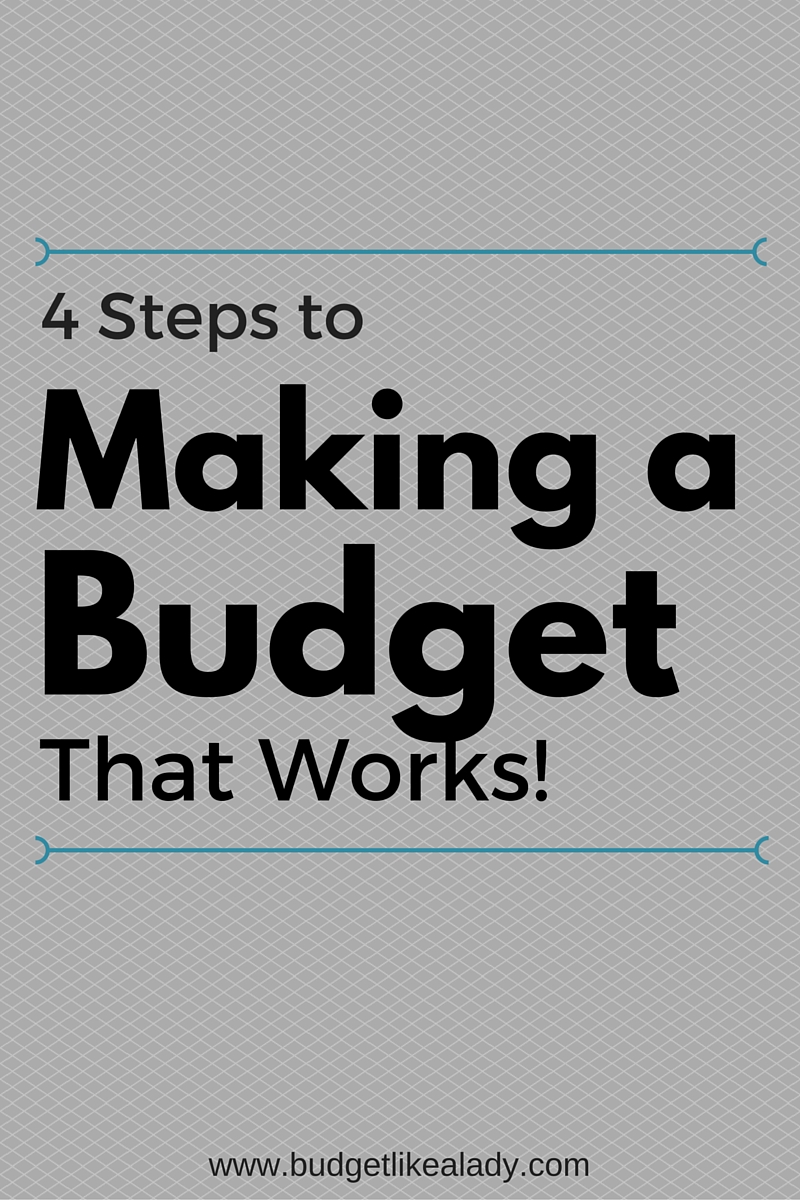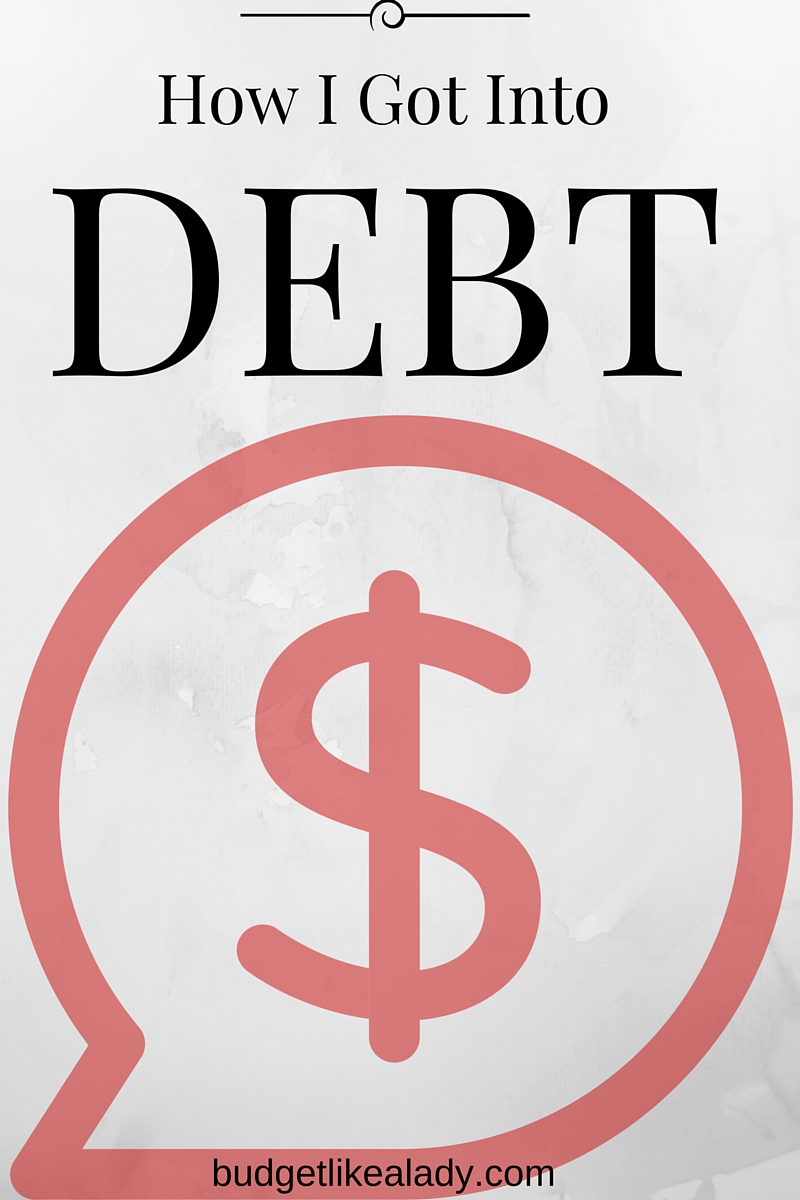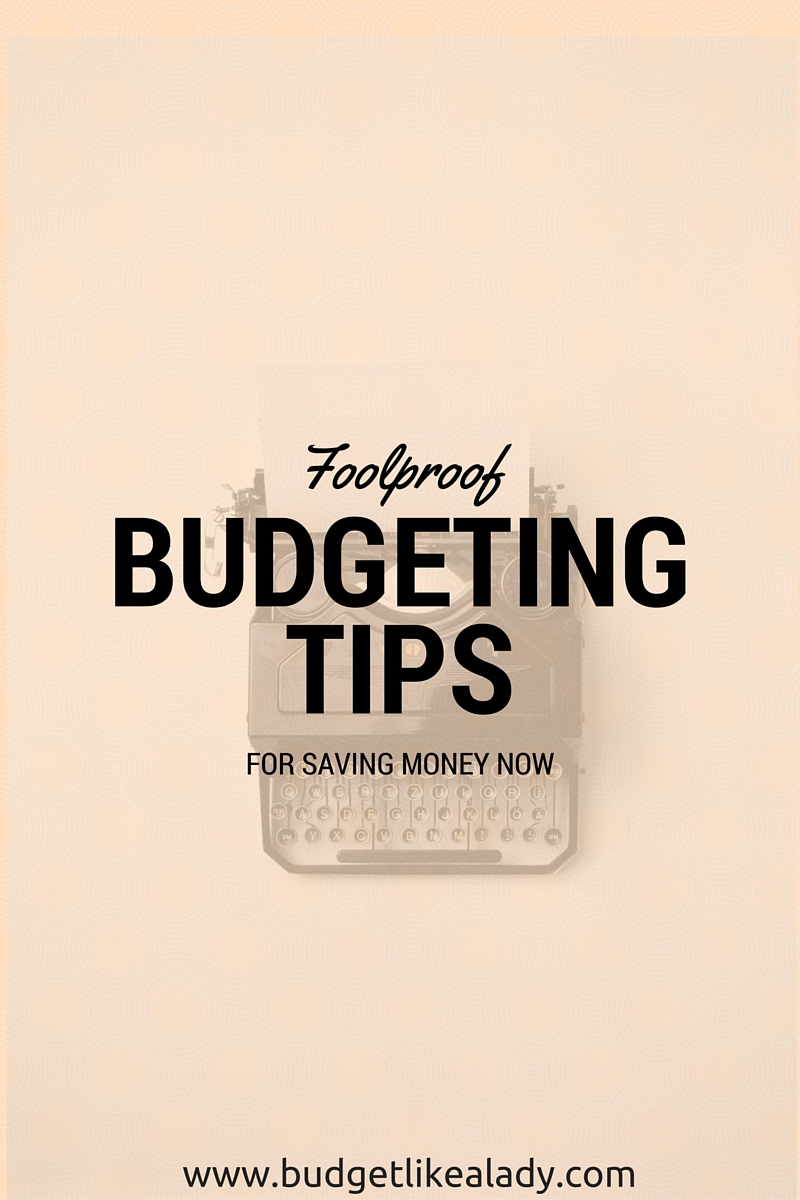4 Steps to Making a Budget that Works
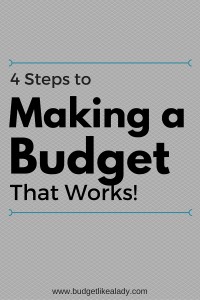
Making a budget is a difficult task. It feels like an impossible diet for your money. Well I want to make it easy for you. In addition to this post, I have created a worksheet to get you started making a budget. The worksheet can be downloaded in The Vault.
Step 1: Gather bank statements from the last 3-6 months
And when I say bank statements, I mean credit card statements too. Making a budget is about knowing where you spend your money. I know 3-6 months may sound like a long time but you are making a budget that works for you so you need to know how much you spend and where. It’s easy to estimate $300 a month for groceries but you really spend $650 (and you didn’t even know it!). It is best to get an average amount over the last 6 months of all expenses and income to create a budget you can follow. There are low and no cost software solutions out there that help with this stuff. I will discuss that in a later post.
Step 2: Count the money coming in
Next when making a budget, from your bank statements, get average monthly income. If you receive a regular paycheck weekly, bi-weekly, or even monthly, this will be easy for you. For everyone else with irregular income, those who are paid on commissions or business profit, using the estimate is really important for making a monthly budget. You may want to use the average income of an entire year if you need to.
Don’t forget other sources of income such as:
- Freelance work
- Side Jobs
- Child Support
- Residual or Passive Income
- Social Security or other benefits
- Unemployment
Step 3: Count the money going out
This is my least favorite part because it shines a light on you and your spending habits. I was finally able to answer the question, “Where did all my money go?” after this step. The answer, “It went where you put it!” I had a bad habit of eating out all the time, and it showed in my bank account (and credit cards).
Go through your bank statements and get an average of what you spend in each category (many items on this list may or may not apply to you.):
- Home (mortgage/rent, utilities, insurance, maintenance, etc)
- Food (eating in and eating out)
- Transportation (car payment, insurance, fuel, oil changes, maintenance, etc)
- Debt (credit cards, personal loans, student loans, HELOC, etc.)
- Savings (emergency fund, college, retirement, etc.)
- Giving (tithes, offerings, charity, etc.)
- Clothing (work outfits, school uniforms, casual, etc.)
- Medical (life insurance, co-pays, health insurance, etc.)
- Personal (cable, cell phone, allowances, beauty, gifts, pets, subscriptions, memberships, education, daycare, etc.)
- Recreation (entertainment, vacation, etc.)
Don’t forget annual payments such as property taxes, homeowner’s association fees, homeowner’s or renter’s insurance, etc.
Sign up here to download a budget worksheet.
Step 4: Balancing the Budget
Now that you feel financially exposed, it is time to balance the budget. I call this the money shuffle. Moving money from one category to another to make everything balance, just like shuffling. If you spend more money than you make, look for ways to reduce your expenses by cutting bills you don’t need (such as cable or magazine subscription), sell some items, or pick up a side hustle. I will talk more about this in another post so keep an eye for it.
Congratulations on creating a realistic budget! Now that you have a budget, what are you going to do with it? Do you have a financial goal in mind?
